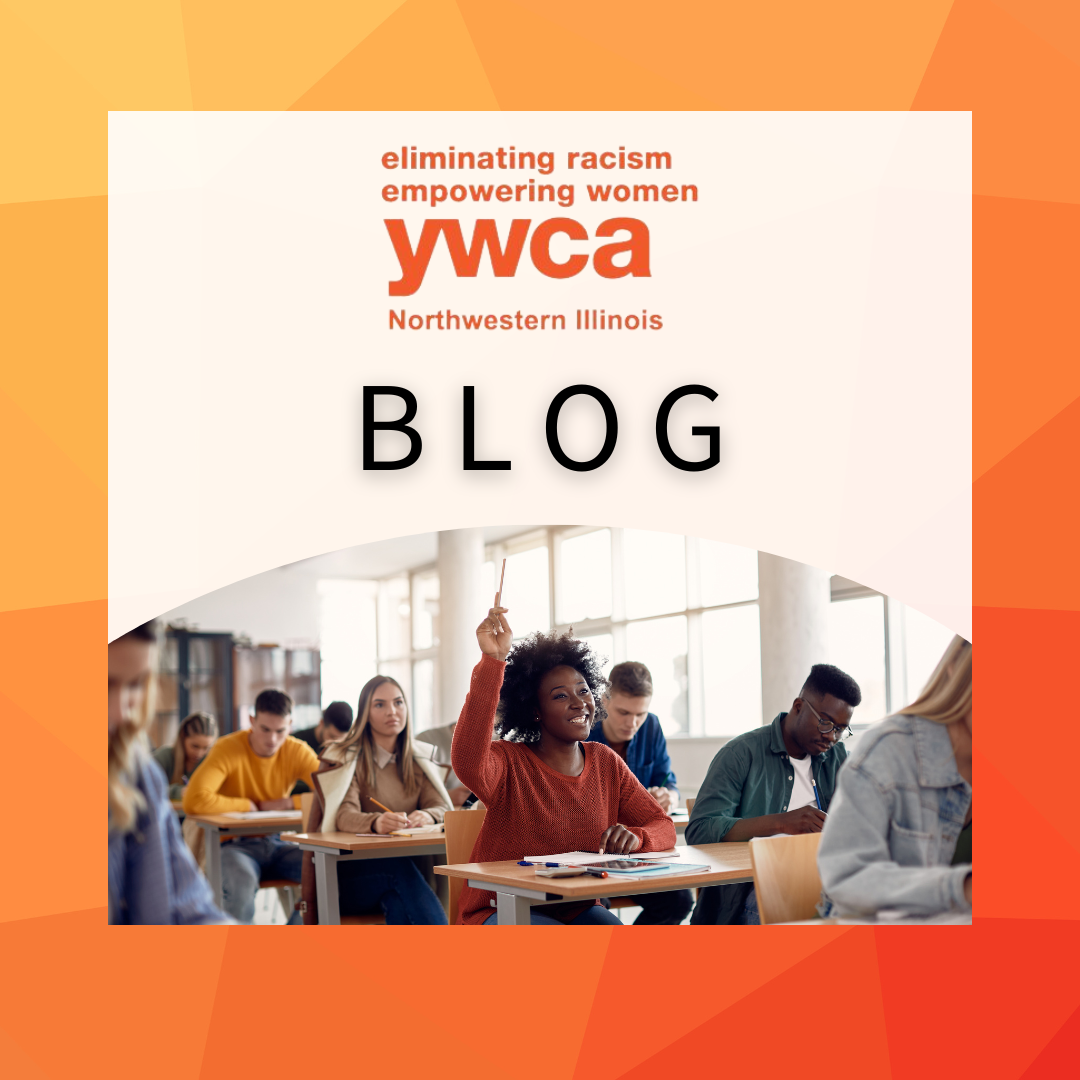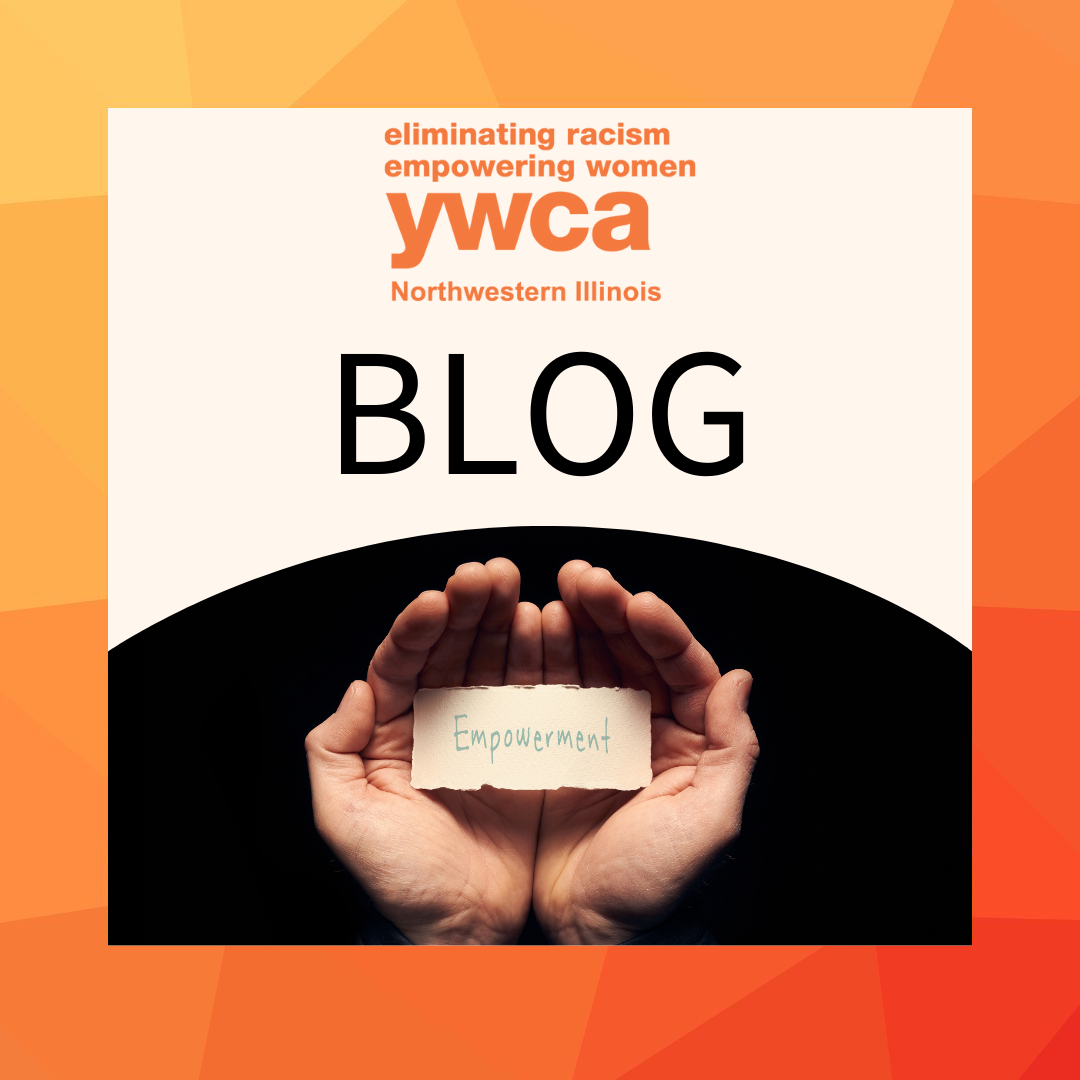Deciding to go back to college or start for the very first time is daunting for anyone, but especially for adults. Adult students have all the regular considerations a traditional college-going student has—such as applying and being admitted to a school and paying for college—while also juggling the responsibilities of working full-time and managing their household.
Even with the challenges they face, the number of adult students who are starting or returning to college grows every year. Adult students, also known as nontraditional students, are defined as being 25 years or older. In 2019, nontraditional students made-up 15 percent of full-time undergraduates and 41 percent of part-time undergraduates, according to the National Center for Education Statistics (NCES).
Why do adults go to college?
Adults consider earning a college degree for many of the same reasons traditional students do: having a college degree can help increase one’s employment opportunities, prepare them for a specialized profession, and support their efforts to be a lifelong learner.
However, these reasons are amplified for adults during different points in their lives. The adult who loses their job during an economic downturn and is struggling to find another must consider which skills are in-demand/If they do not already possess them, they must figure out how to develop those skills for the job market. Similarly, someone may be looking to switch to a less-physically demanding job after a long time of only doing physical work. There are also those who had to focus on their families and households, and after the kids have grown up, find themselves with the time to finally focus on their own needs and desires.
How can college fit in an adult’s schedule?
With the number of nontraditional undergraduate students growing year by year, many colleges realize that they must make college accessible for adult students. This means allowing students to take fewer classes at one time and offering classes in a variety of ways to fit the needs of this unique population.
For most adults, completing a college degree is best achieved as a part-time student. Attending on a part-time basis allows adults to take one to two classes at a time while still being able to work and take care of household needs. It is important to note that attending on a part-time basis will likely increase the time an adult student spends in college to complete their degree. Careful planning should be taken to ensure all program requirements, general education classes, and costs can be taken care of by the student in a timely manner.
Depending on the school and their offered courses, students can choose between taking classes during the day, evening, in-person, online, synchronously, or asynchronously. For busy, working adults, the ability to take classes when and where they are able is a critical factor in whether or not they are successful in college. Adults looking into different schools and programs should find out whether the classes they need to take can be completed in a manner that works for them and their learning needs.
Just as colleges are adjusting their classes and requirements to fit the needs of adult learners, students should be prepared to include school on their list of priorities. Attending school as a part-time student in-person or online, asynchronous classes do not mean a student’s experience will be easier. Classes can be rigorous, assignments still have due dates, and life will still be taking place while an adult student is in college. The college environment can also prove jarring for adults who have been out-of-school for some time. Enrolling and persisting through college requires students to commit to their studies to eventually earn their degree.
What kind of financial aid is available to adult students?
Adult students have access to much of the same financial aid traditional students do. The U.S. Department of Education awards their financial need-based aid programs (such as the Pell Grant) to any qualified students regardless of age. The State of Illinois’s own need-based program, Monetary Award Program (MAP), is available to students of all ages.
For a student to be considered for these financial aid programs, they must file a free application for Federal Student Aid (FAFSA). Adult students can apply to several scholarship programs, just as long as they meet the eligibility requirements listed in the applications.
Even if a student believes they will not qualify for need-based aid, it is recommended they complete the FAFSA anyway. Many colleges use FAFSA information to award their own financial aid including grants and scholarships.
Where can I find support as an adult student?
It takes a village to support any student population, especially adult students. Adult learners can turn to their local community college for help in the college preparation process, even if they are unsure of where they will attend college. In Illinois, all students have access to their local ISACorps member who represents the Illinois Student Assistance Commission (ISAC) throughout the state. If you are a member of the early childhood workforce who is interested in growing through education, please contact our Child Care Resource and Referral team (CCR&R) to learn what programs are available to support you.
– Silvia Diaz, Higher Education Navigator




